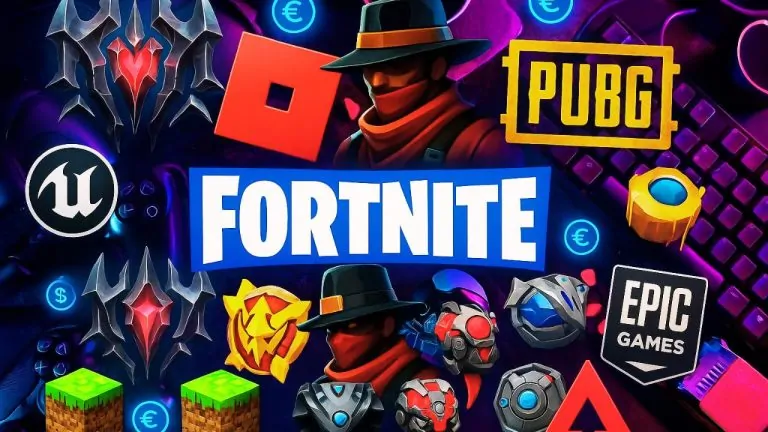Cyber Background Checks: Unveiling Digital Truths for Safety [2025]
In our increasingly interconnected world, every digital interaction leaves behind a footprint that reveals significant information about individuals and organizations. These electronic records offer valuable insights that are critical for understanding character, reputation, and risk. Cyber background checks have become indispensable tools for uncovering these digital truths, enabling businesses, institutions, and individuals to make safer, more informed decisions in an ever-evolving online environment.
What Are Cyber Background Checks?
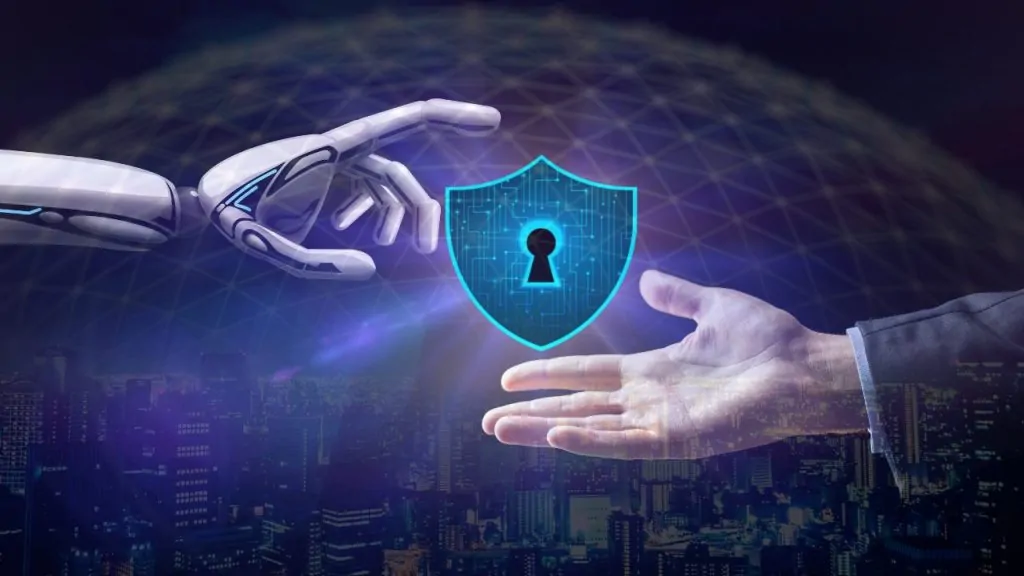
Let me break it down. A cyber background check is the process of looking into a person’s online presence to gather insights into who they are, what they do, and how they behave in digital spaces. It goes way beyond checking criminal records or verifying education.
When I perform or recommend a cyber check, I’m typically looking at:
- Public social media accounts
- Online articles, blogs, and comments
- Forum activity and gaming handles
- LinkedIn profiles and work history
- Dark web leaks and data breaches
- News mentions or public controversies
Why Traditional Background Checks Aren’t Enough Anymore
Don’t get me wrong—traditional checks still have their place. But they don’t tell me what someone is like as a person. They don’t show me patterns of behavior, digital ethics, or social responsibility.
For example, I once came across a candidate with a clean record and impressive academic achievements. But when I looked online, their Twitter account was full of hateful and offensive content. That’s when I realized: if I hadn’t done a cyber check, I might have trusted the wrong person.
Cyber background checks: unveiling digital truths for safer decisions isn’t just a catchy phrase—it’s a reflection of our digital reality. Today, our real identities live on the internet just as much as in the physical world.
What’s Included in a Cyber Background Check?
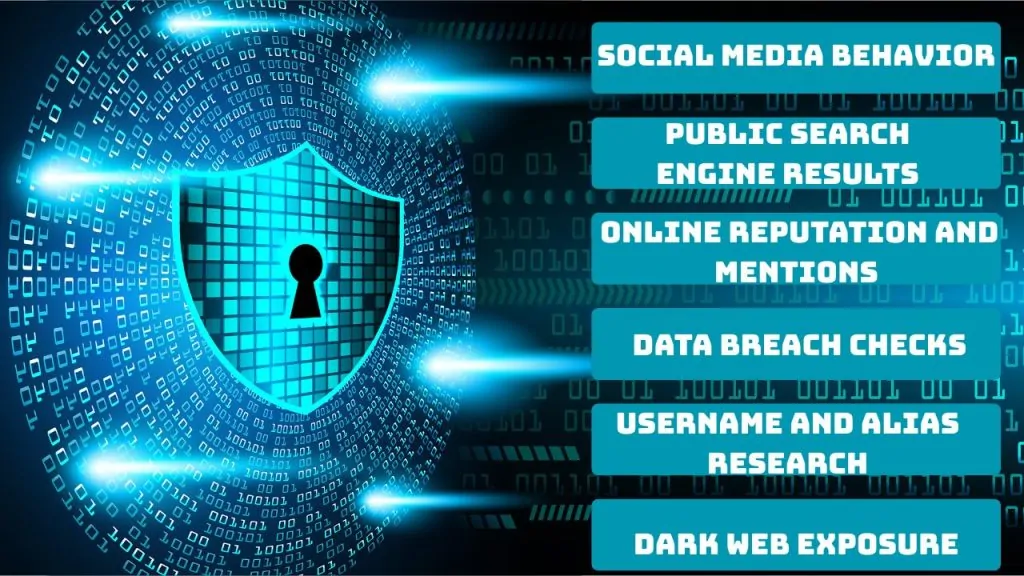
Here’s what I usually focus on during a thorough cyber background check. These areas help me paint a full, fair picture of someone’s digital presence:
1. Social Media Behavior
I start with the obvious—Facebook, X (Twitter), Instagram, TikTok, and LinkedIn. Social media says a lot about someone. The photos they post, the language they use, the causes they support—it all adds up. Red flags like cyberbullying, racism, hate speech, or extreme opinions are hard to ignore.
2. Public Search Engine Results
Next, I Google their name. Sometimes I find news articles, blogs, court mentions, or interviews. This helps me understand how they’re perceived in public spaces.
3. Online Reputation and Mentions
If they’ve been part of any controversy or positive achievement, I want to know about it. Reputation is a big deal—especially for leadership roles or business partnerships.
4. Data Breach Checks
I use tools like HaveIBeenPwned.com to see if their email accounts have been part of any data breaches. If their info has been exposed multiple times and they never changed their behavior, it raises cybersecurity concerns.
5. Username and Alias Research
People often use different usernames across platforms. If I can connect the dots, I get a better sense of who they are online.
6. Dark Web Exposure
For high-risk roles, I check if the person’s data is being sold or misused on the dark web. It sounds scary, but it’s happening more often than we think.
Real-Life Scenarios Where I Use Cyber Background Checks
These checks aren’t just for hiring. Here are a few cases where I personally used them or saw others benefit from them:
Hiring a Remote Developer
When I helped a startup find a remote developer, the resume looked clean, but their Reddit activity showed they had shared copyrighted code illegally. We passed on the hire—dodged a legal bullet.
Online Dating Safety
A friend matched with someone online. A quick cyber check showed multiple fake profiles tied to the same photos. It turned out the person was running scams. That check may have saved her from emotional and financial damage.
Business Partnerships
When forming a business partnership, I checked my potential partner’s online reputation. He looked professional, but he had been sued for fraud in another country, which only showed up in a niche online news article. That made me rethink everything.
Legal and Ethical Responsibilities
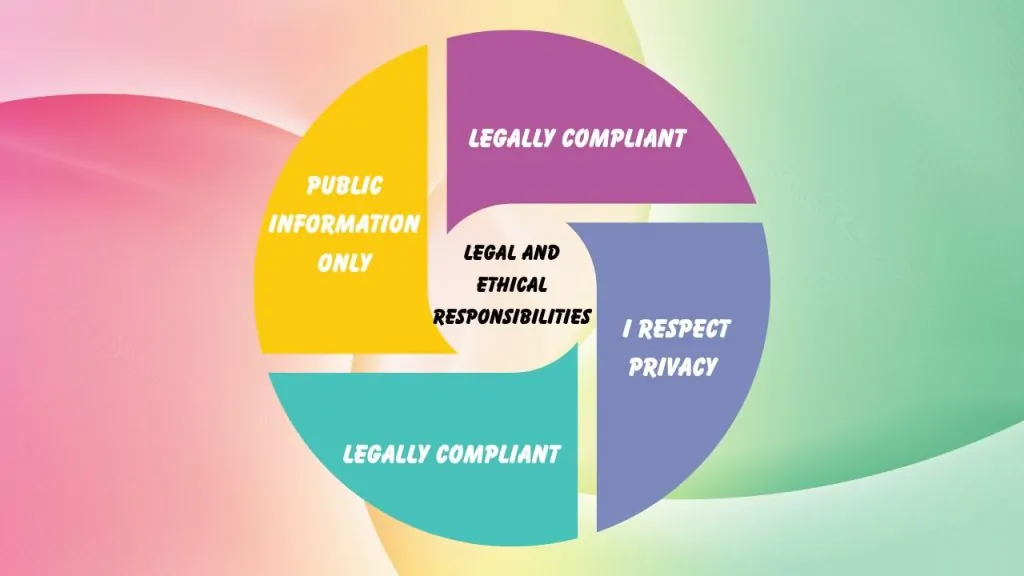
As powerful as these checks are, I always remind myself: privacy and ethics matter. Here’s how I stay on the right side of the law and conscience:
- I never access private accounts or impersonate anyone.
- I only use public and legally available information.
- For employment-related checks, I follow laws like GDPR and FCRA (if relevant).
- I never use these checks to judge people unfairly—I use them to verify, not vilify.
Why Ignoring Digital Footprints Is Risky
We live in a world where one viral tweet, one controversial post, or one leaked email can destroy trust and credibility. Ignoring digital footprints is like driving with your eyes closed.
Imagine hiring someone with hidden extremist views online. Or renting to someone with a history of online fraud. Or investing in a startup founder with a fake identity. These are all real risks I’ve seen or heard about—and all of them could’ve been avoided with a simple cyber background check.
How I Conduct a Safe and Ethical Cyber Background Check
If you want to try this yourself, here’s my personal 5-step method:
- Start with Google – Use different name variations and usernames.
- Check social platforms – Focus on what’s public.
- Use data tools – Tools like Spokeo, Social Catfish, and Pipl can help.
- Look for patterns – Don’t judge one post—look at consistent behavior.
- Document everything – Keep screenshots or links to avoid hearsay.
And if it’s for serious matters like employment or legal partnerships, I always recommend using a certified third-party service.
The Future of Cyber Background Checks
Technology is advancing quickly. AI tools can now analyze a person’s tone, sentiment, and behavior across platforms. Predictive analysis might soon help us assess future risks based on past online behavior.
That sounds powerful, but it also raises ethical questions. We must ensure that we don’t misuse this technology or judge people for harmless mistakes. As these tools evolve, so must our responsibility to use them fairly.
FAQs:
1. What is a cyber background check?
A cyber background check is an investigation into a person’s or organization’s digital footprint, including social media activity, online reputation, and data breaches, to uncover important information that traditional background checks might miss.
2. Why are cyber background checks important for businesses?
Cyber background checks help businesses identify potential risks, verify the credibility of employees or partners, and make informed decisions by analyzing digital behavior and online presence.
3. How do cyber background checks protect against online fraud?
By examining online activity and digital traces, cyber background checks can reveal suspicious behavior, fake profiles, or involvement in scams, helping prevent fraud and financial losses.
4. Can anyone perform a cyber background check?
While basic online searches can be done by anyone, comprehensive cyber background checks often require specialized tools and expertise to access and interpret digital data accurately and ethically.
5. Are cyber background checks legal and ethical?
Yes, when conducted using publicly available information and following privacy laws and regulations, cyber background checks are legal and ethical tools for risk assessment and informed decision-making.
Conclusion:
Cyber background checks have become a vital resource for uncovering hidden information that supports safer and more confident decision-making. As our online activities continue to grow, these in-depth screenings play an increasingly important role in risk management.
When executed with care, cyber background checks strike a necessary balance between gathering meaningful insights and respecting individual privacy rights. By providing clear and accurate digital profiles, they help foster trust and reinforce security in an environment where much of our identity exists online.
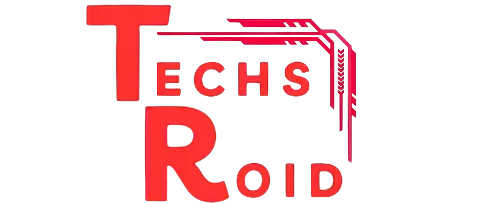
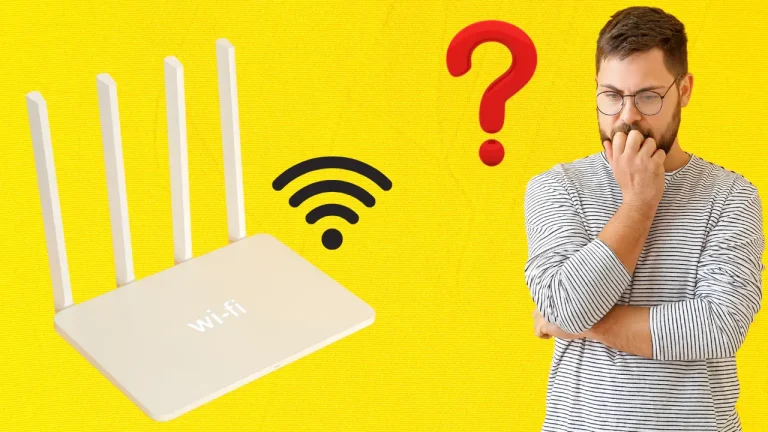
![Snapchat Planets: How Does Friend Solar System Work? [2025]](https://techsroid.com/wp-content/webp-express/webp-images/uploads/2025/05/Untitled-design-5-768x432.jpg.webp)
